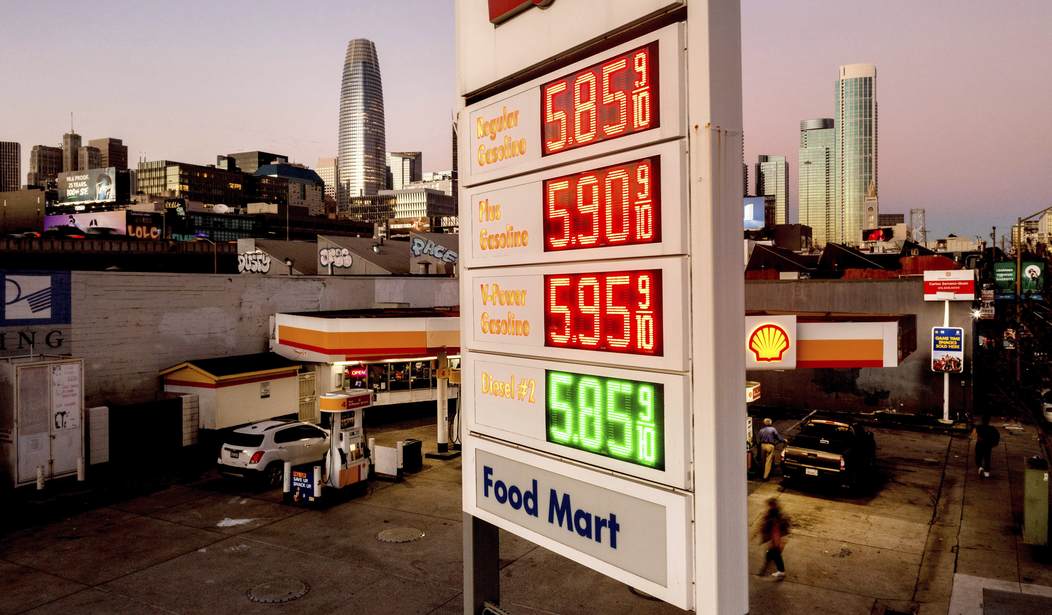Prices that suppliers charge businesses and other customers rose at the fastest pace on record, up 9.6%. The Labor Department says the core PPI — which excludes food and energy costs — jumped 7.7% in November, which was also a record.
Those price increases won’t show up on store shelves for a couple of months, so it’s entirely possible that by the time springtime comes to the Midwest, we could be seeing double-digit price increases.
The Wall Street Journal is reporting that higher prices for energy, wholesale food, transportation, and warehousing contributed to the rise in inflation.
Persistently high prices in large part reflected clogged supply chains, as manufacturers scrambled to keep up with unusually strong consumer demand. The rise in prices of goods continued to outpace that for services, as consumer spending on goods remains elevated, while that on services is up just slightly from pre-pandemic levels.
Prices for goods, excluding food and energy, climbed 0.8% in November from October, faster than the 0.6% increase the previous month. The services index advanced 0.7% on the month, up from 0.2% in October, driven in part by a pickup in hotel room rates and airfares.
Even the Federal Reserve Board is giving up on the idea that inflation was “transitory.”
Fed officials for months had been insisting that inflation was “transitory” and closely tied to Covid pandemic-related factors that eventually would fade. However, in recent days Chairman Jerome Powell and others have indicated that word no longer is appropriate and likely will be dropped from future central bank communications.
Supply chain bottlenecks and surging demand have been the primary drivers of inflation, and have eased only marginally.
Economist Peter Schiff points out that the Biden administration narrative on inflation — that it’s caused by greedy businessmen taking advantage of the pandemic to gouge customers — kind of collapses when looking at the PPI.
Producer prices surged .8% in Nov., soaring by a record 9.6% YoY. @SenWarren blames #inflation on greedy businesses gouging their customers. But consumer prices are only up 6.8% YoY. In reality, businesses are letting their customers gouge them by not raising their prices enough!
— Peter Schiff (@PeterSchiff) December 14, 2021
The Biden administration will use the same mantra it has been repeating for months: that the high inflation is temporary, expected, and not the administration’s fault. But the American people aren’t that stupid and know a snow job when they hear it.
The PPI numbers will give Sen. Joe Manchin (D-W.Va.) something else to think about when contemplating a way to vote for Biden’s Build Back Better bill. Manchin says that the bill needs massive changes before he would vote for it. But the rest of his party may be finished compromising with him.
Progressives have clearly stated all year that they expect a transformational package. That means going as far as possible on a host of issues at once, which is why BBB expands the child tax credit and creates universal pre-K and expands Obamacare subsidies and many other things. They have been willing to compromise thus far primarily on the overall cost, which is why the bill that passed the House has so many programmatic expirations. They have not been willing to admit that there isn’t a Senate majority for a transformational bill. Instead, they have been ramping up the pressure on Manchin to go along with the party majority.
As WaPo‘s Henry Olsen quips; “BBB is DOA.”










Join the conversation as a VIP Member